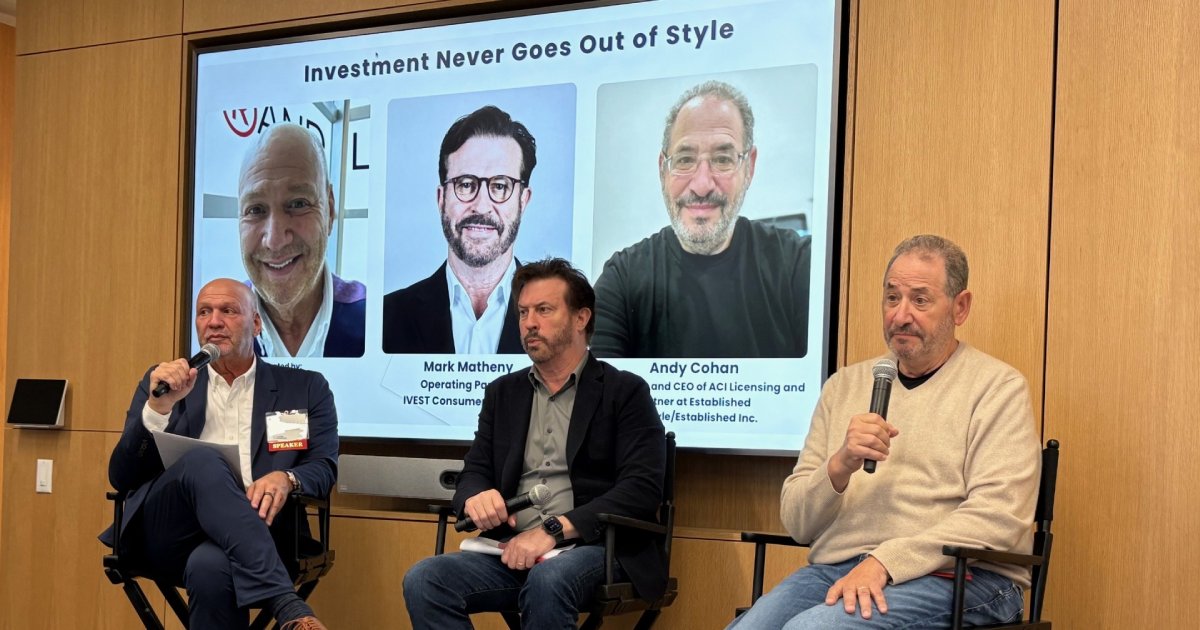Brand Management Companies Continue to Grow

By Mark Seavy
As brand management companies buy more IPs and agencies compete to represent remaining properties, the licensing industry appears poised for an era of consolidation.
In most cases, these private equity-backed brand management firms (including Authentic Brands Group, WHP Global, Marquee Brands, Bluestar Alliance, and others) are replacing an earlier era of publicly traded firms. And now, they have deeper pockets.
For example, ABG is reported to be circling the fashion brand Missoni to make it part of a luxury business that already includes Barney’s New York and Judith Lieber Group. And that came after ABG was previously in talks to purchase the Marc Jacobs label from LVMH, though that sale is reportedly not moving forward. WHP, meanwhile, was also interested in Missoni, but has since shifted focus to Land’s End.
Those acquisitions are, in some cases, pushing licensing agencies to expand in size and scope.
Omnicom’s Diversified Agency Services Group, for example, bought the agency Nancy Bailey & Associates in 2011 and combined it with Beanstalk. Beanstalk, which itself was purchased by Omnicom from Ford, was acquired by several private equity firms earlier this year. ACI Licensing, which owns brands like C&C California and Badgley Mishka, was sold to Established Inc., whose portfolio includes the RCA, Blaupunkt, and Technicolor labels.
“At some point in a larger consolidation play, brand owners in overlapping verticals may be sensitive about being represented within the same enterprise because of proprietary information and confidentiality,” said Russell Binder, Founding Partner at Striker Entertainment. “So, if you do a roll up [a business] of independent agencies, it would need to be diversified across segments and likely need to have fashion/lifestyle, entertainment/pop culture IP, and art/character to build something dynamic and cross category.”
In building these types of brand-heavy businesses, the approach can vary. In the case of Established Inc., it was seeking entrée into the lifestyle business after building one in consumer electronics, Andy Cohan, Managing Partner and Co-CEO of ACI Licensing, said at Licensing International’s recent Fashion Licensing Summit. With its brands, ACI also gave Established distribution across a broad range of retailers from Costco to Dillard’s, Cohan said.
In the case of private equity firm IVEST Consumer Partners, which has ownership stakes in Dan Dee International, Paladone, and other companies, it is seeking to buy licensees for 6.5 times their earnings before interest, taxes, depreciation, and amortization (known as EBITDA, a financial measurement of a company’s core business operations before financing and accounting decisions), said Mark Matheny, Operating Partner at IVEST. IVEST typically retains its investment in the companies for five to seven years, he said. On the revenue side, firms buying licensees are targeting 20-30% annual sales growth within two to four years of making the acquisition. IVEST also views the acquired firms as holding companies that potentially could buy other licensees.
For licensing agencies, some firms are seeking 20 times EBITDA for an investment or sale, licensing executives said. But a more realistic figure is in is in the four to six times gross revenue range, the executives said.
“The tough thing about being an agent is you don’t own anything, so multiples for agencies are not that attractive,” an agency executive said. “You have your reputation, book of business, and contracts, but you don’t have IP of your own. There also is a lot of subjectivity when you buy an agency because you are buying the team. There needs to be an ongoing relationship and a contract for a period [for the acquired agency] and if you are doing a steady business, there has to be a rationale to sell.”
IVEST has weighed buying a stake in licensing agencies but hasn’t signed any deals, Matheny said. It also had proposed buying a food company, an agreement that was nixed by the tariffs imposed on goods imported into the U.S. earlier this year, he said.
Due diligence costs for proposed acquisitions run into the “millions” of dollars, Matheny said. The negotiations for these acquisitions can be done in as little as 90 days, but more typically run four to five months, Cohan said.
“The issue with buying agencies is they are typically founder-owned and the relationship with the licensor is not easily replaced,” Matheny said. “The issue is, should you buy a minority share and build up or just go straight for most of the company? Brand owners are concerned about that transition, and it is something we are working through. When we initially approached buying an agency the expectations [for the sale were too high]. But we’re considering diving back in.”
Industry executives are also waiting to see how these acquisitions and consolidations will change how brands are being operated, especially in the fashion landscape.
“It’s going to be a question of can the big brand management firms create and work with the designer side of the business,” said Evan Clark, Deputy Managing Editor at Women’s Wear Daily. The brand management business “works at the current” level, he said, but “does it work if that is super-sized?”




